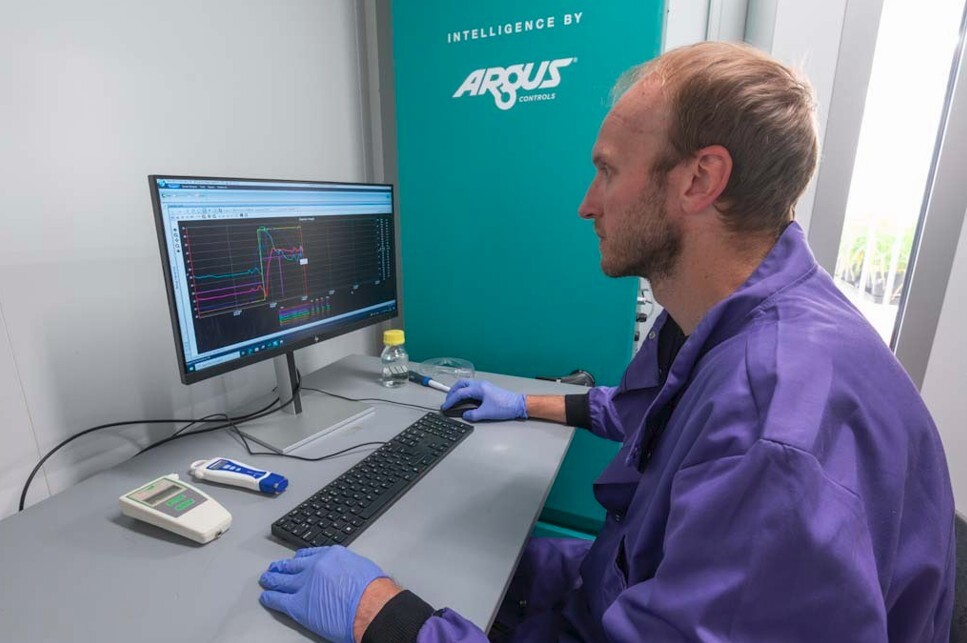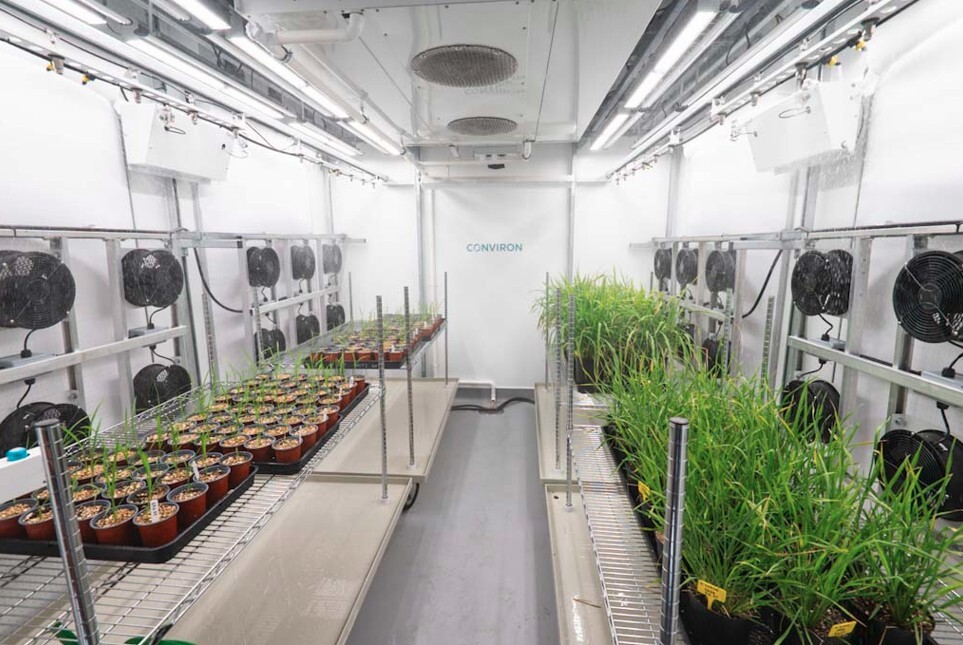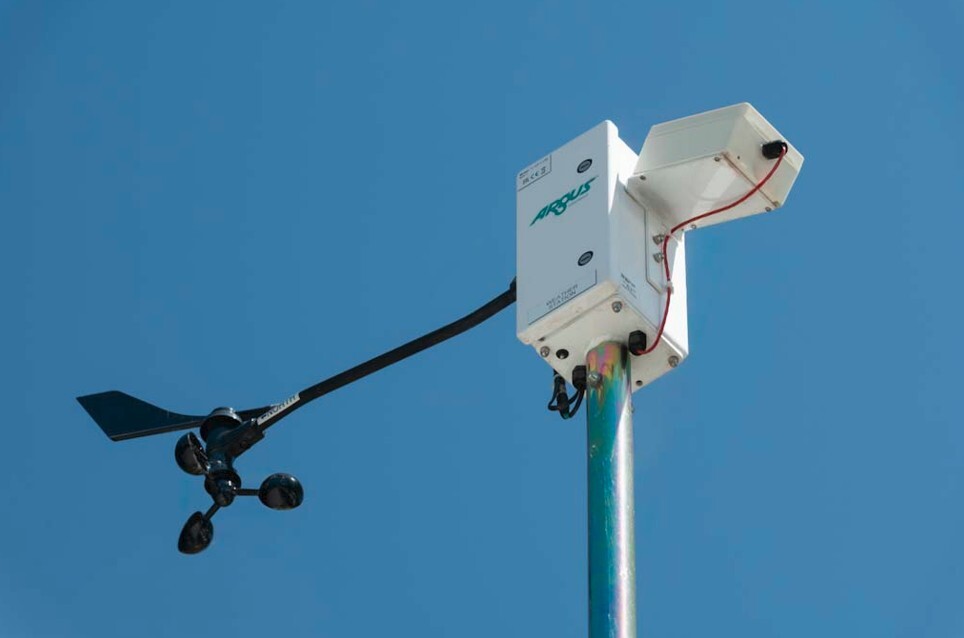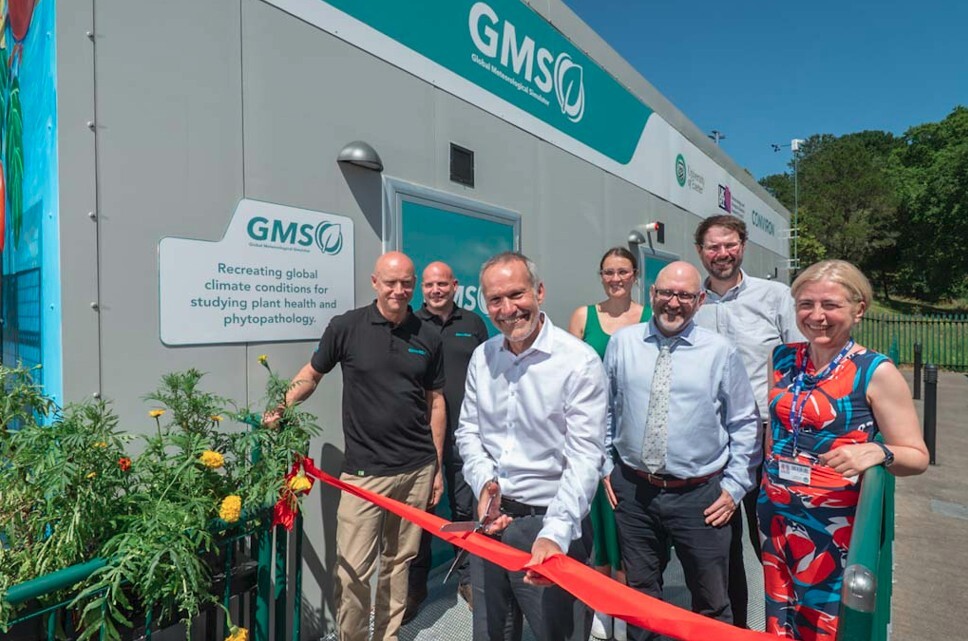More than a decade ago, the United Nations issued a stark warning: to meet the demands of a rapidly growing global population, food production must double by 2050. Yet, this ambitious goal faces formidable challenges. Climate change, crop pathogens, pests, and a global decline in pollinators continue to threaten agricultural productivity and food security worldwide.
In response to these pressing issues, the University of Exeter, in collaboration with Argus Controls and Conviron, has launched a groundbreaking facility — the Global Meteorological Simulator (GMS). Recently opened in July 2025 during a vibrant and collaborative event, the GMS represents a major leap forward in plant science research and climate simulation technology.
A New Standard in Climate-Controlled Plant Research
The GMS is a series of four independently controlled plant growth chambers, custom-built to simulate a wide range of environmental conditions. Unlike traditional growth chambers, the GMS can replicate not only temperature, humidity, light, and CO₂ levels, but also rainfall, fog, wind speed, and wind direction — all based on real-world meteorological data. This allows researchers to recreate past, present, and predicted future climate scenarios with remarkable precision.
Each chamber offers 12 m² of growth space and is equipped with broad-spectrum LED lighting, HEPA-filtered air exchange systems, and high-resolution data collection capabilities. The Argus Controls system can collect millions of data points per day, enabling detailed analysis of plant responses to environmental stimuli.

Tackling Today’s Agricultural Challenges
The GMS is already being used to address some of the most urgent questions in plant science. Current research projects span a wide range of disciplines, including plant physiology, microbiology, entomology, neuroethology, computational biology, and mathematical modeling. These projects aim to:
- Investigate crop disease epidemiology, transmission, virulence, and antimicrobial resistance.
- Study plant-pathogen interactions and the effects of environmental stress on plant development.
- Explore circadian rhythms and the collective movement of algae in response to climate variables.
- Examine plant-pest dynamics and pesticide resistance.
- Analyze pollinator behavior under changing weather conditions.
Simulating Climate to Understand Disease & Resilience
One of the most exciting applications of the GMS is its ability to simulate weather events that influence crop disease transmission. By generating wind, rain, and fog, researchers can study how spores move between hosts and how dew formation triggers pathogen infection. This work is essential for understanding the evolution of antimicrobial resistance and developing more effective disease management strategies.
The simulator also enables rigorous testing of genetically modified crops designed to resist pests and pathogens. By exposing these crops to realistic environmental conditions, scientists can better evaluate their performance and identify traits that enhance resilience and productivity.

Exploring Algae Dynamics & Pollinator Behavior
Beyond traditional crop research, the GMS opens new avenues for studying algae behavior on a large scale. Previously limited to microscopic environments, researchers can now visualize and record complex algal dynamics in response to simulated weather patterns.
Similarly, the GMS provides a controlled setting to investigate how climate change affects pollinator behavior. By manipulating temperature, humidity, and rainfall, scientists can assess how bees and other pollinators respond to environmental stressors, including road pollution and changes in floral resources. These insights are critical for predicting pollinator survival and foraging efficiency in a warming world.

A Hub for Collaboration & Innovation
The launch of the GMS marks a significant milestone not only for the University of Exeter but for the global plant science community. As Principal Investigator Dr. Ivana Gudelj notes, “The custom-built GMS is absolutely state-of-the-art, enables cutting-edge research, and is uniquely positioned to answer key questions facing the scientific community, government, industry, environmental and consumer bodies.”
The facility is open to researchers from universities, institutes, and organizations across the UK and internationally. With flexible rental options and support for collaborative projects, the GMS is poised to become a hub for innovation in sustainable agriculture and climate resilience.
Looking Ahead
The grand opening event at the University of Exeter was a celebration of scientific progress, shared vision, and the power of collaboration. As global food security continues to face mounting challenges, the GMS offers a beacon of hope — a place where science meets simulation to cultivate solutions for a more sustainable future.

